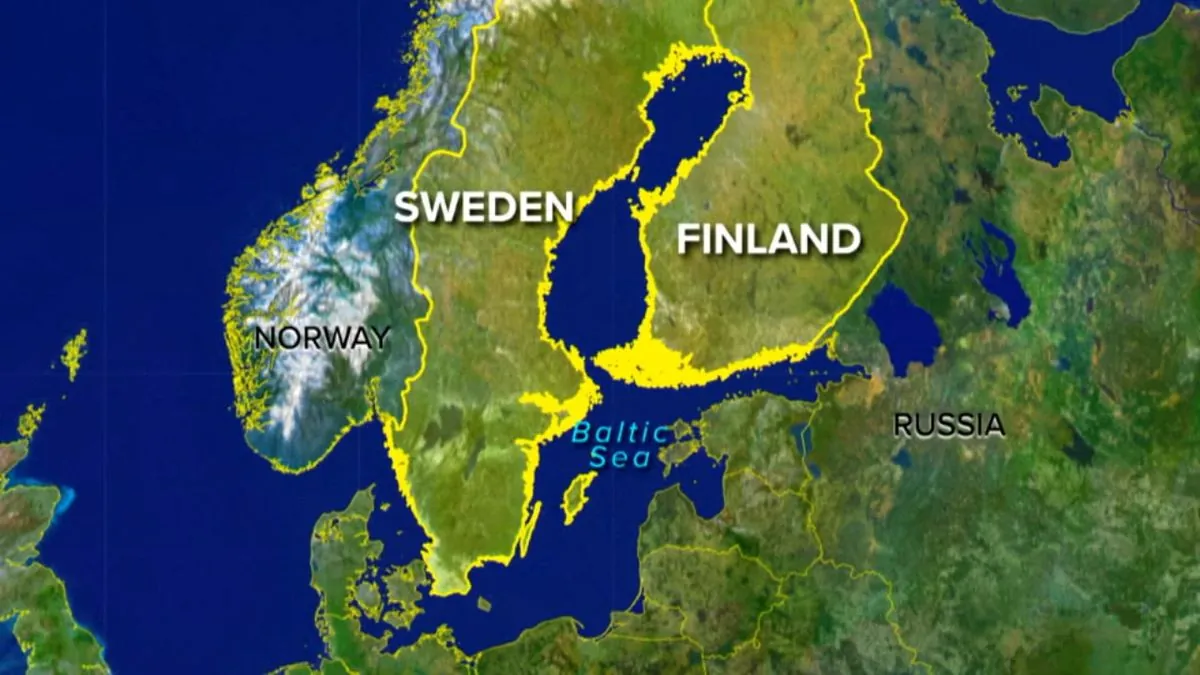Throughout this year Europe faced dozens of strange incidents — from a DHL plane crash near Vilnius to bomb-threats at Londons landmarks (which caused major disruptions at places like Euston Square). Security experts see a clear pattern in these seemingly un-related events
Ken McCallum‚ MI5s director-general raised serious concerns about this issue:
The GRU is on a sustained mission to generate mayhem on British and European streets: weʼve seen arson sabotage and more
The tactics changed a lot since cold-war times; Russians dont use their own agents anymore Instead‚ they hire local people for small-money jobs. A recent case showed this new approach: two british men got caught after setting fire to a Ukrainian-linked business in East-London (they worked for really small payments)
Security services noticed that Moscow uses a mix of methods — cyber-attacks physical damage and info-war tricks. The list keeps growing: damaged undersea cables in Black Sea; attacks on German rail systems; hacked NHS computers. Each event looks random but creates a bigger picture of well-planned chaos
Oleksandr V Danylyuk‚ a former Ukrainian intelligence chief thinks its time to act:
Its super-important to create an international platform similar to the one established during the War on Terror
The threat grows bigger every week: drones near US bases in Britain; tv-satellites getting damaged; weapons factory explosions. Experts say these events arent just random — its a test of Europes defense systems and emergency response. Most worrying part: Russians dont need all attacks to work‚ even small success rate helps their goals
